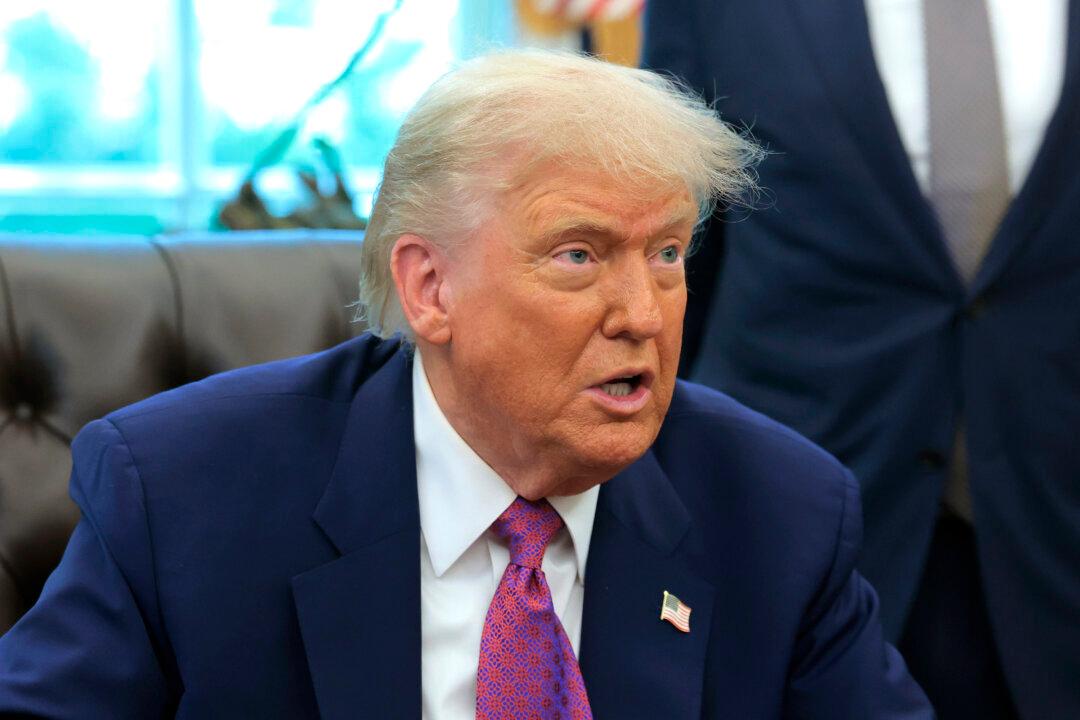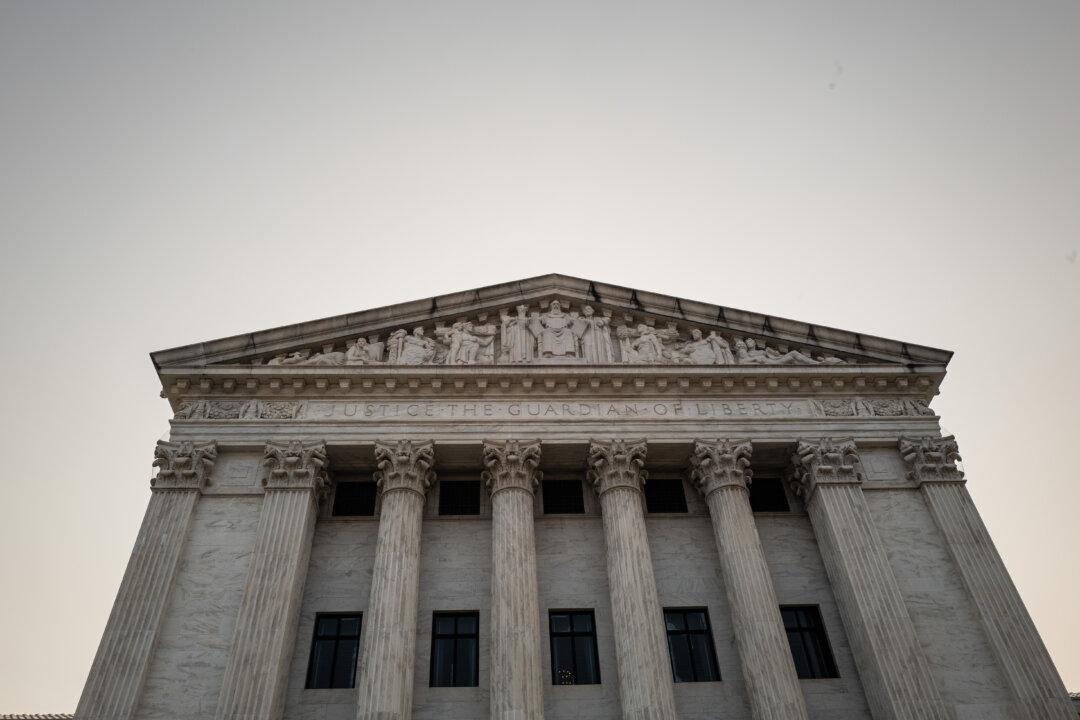The Supreme Court has temporarily stayed a lower court decision that halted the Trump administration’s attempt to remove a protection known as parole for immigrants from Cuba, Haiti, Nicaragua, and Venezuela.
The court’s decision, which came on May 30, blocks the lower court order as the issue plays out in the court system. Justices Ketanji Brown Jackson and Sonia Sotomayor dissented from the court’s decision.
The Trump administration had argued that the decision to remove parole was discretionary for the secretary of homeland security and not reviewable by courts.
U.S. Solicitor General D. John Sauer presented the request to stay the district court’s ruling as an attempt to “correct a recent, destabilizing trend in immigration cases,” according to the filing.
“Had the district court not granted preliminary relief, the Plaintiff class of approximately half a million Cubans, Haitians, Nicaraguans, and Venezuelans lawfully in this country would have become undocumented, legally unemployable, and subject to mass expulsion on an expedited basis at midnight on April 24, 2025,” they told the court.
Parole, which can be issued under federal law for humanitarian reasons, was granted by the Biden administration for broad categories of people.
“The bottom line is this: Our decision to issue a stay (or not) involves more—much more—than merely forecasting the eventual victor. ... What stays are about, at their core, is an equitable assessment of who will be harmed, and to what extent, during the litigation process, with the ultimate goal of reducing the real-world consequences of the unavoidable, pending-case-related delay,” she said.
At the time, Attorney General Pam Bondi said “the invasion of illegal aliens must end, and the conduct of our nation’s foreign policy cannot be directed by a single federal court judge.”
The president encountered some resistance from the Supreme Court when it temporarily blocked his deportations of suspected Venezuelan gang members under the Alien Enemies Act. In those cases, Justices Samuel Alito and Clarence Thomas dissented from multiple court decisions on the issue.







